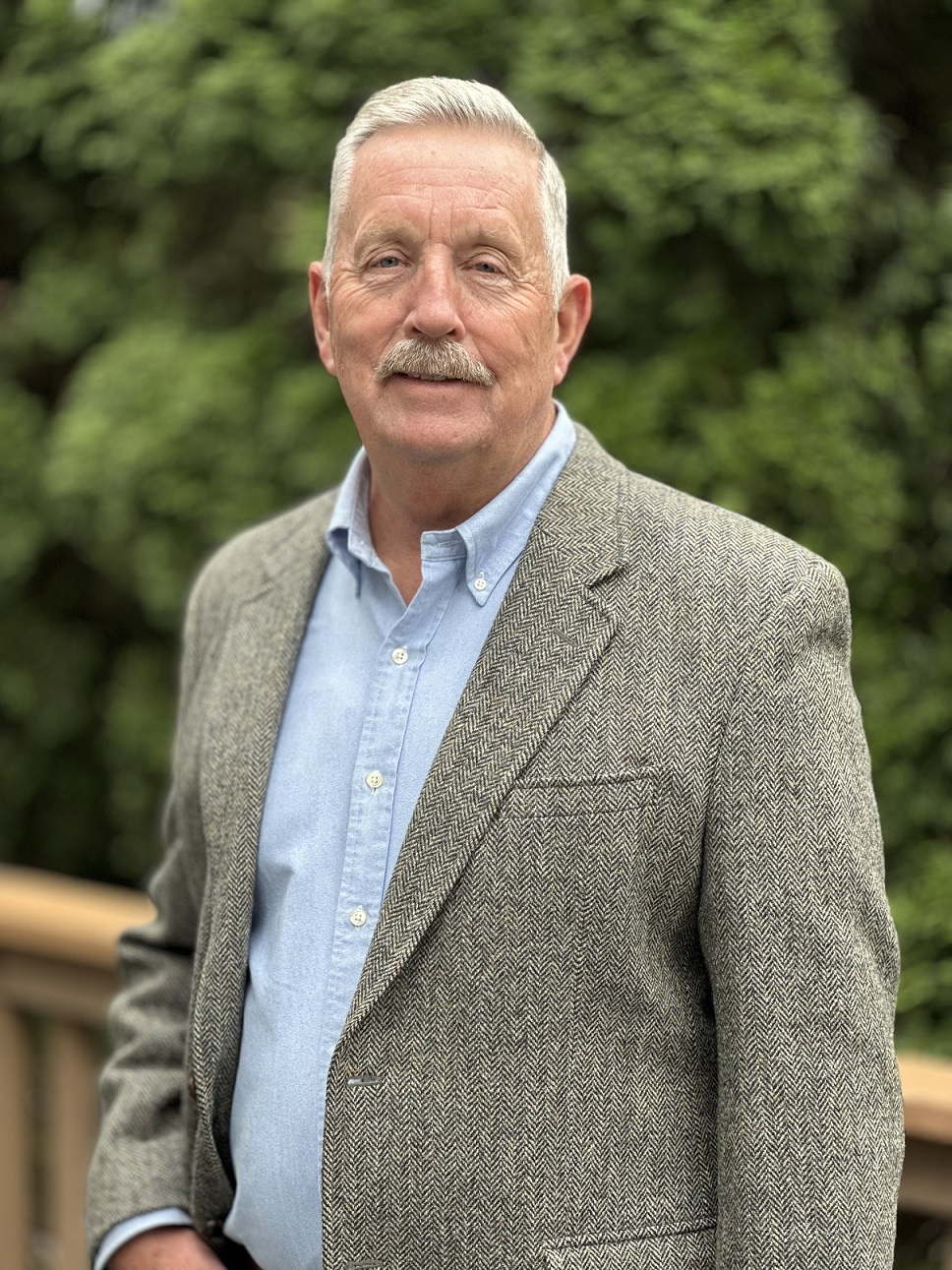
Milk and Whiskey on Logan Way
“I consider myself fortunate to be alive today.” These are the haunting words that appear in the prologue of a memoir written by Boston College graduate Timothy (Tim) Burke, man whose childhood was marred by trauma caused by an alcoholic parent and whose own life was jeopardized by his alcohol addiction, drug use, and petty crimes.
Burke’s memoir, Milk and Whiskey On Logan Way, is a story of suffering, recovery, and redemption. Burke recounts his coming of age in a public housing project in South Boston, one of six sons of John and Patricia Burke. He paints a vivid picture of life in Southie: close-knit families and neighbors; hard-working parents; Sunday dinners; and the refuge found at the South Boston Boys Club. He also shares that yelling, fear, tension, and interventions by police officers—all caused by his father’s abuse of alcohol—were constant companions.

Author Timothy Burke is a graduate of the BC School of Social Work. (Courtesy photo)
He recounts a particularly distressing memory of his father’s violent behavior and poignantly conveys the agony of living in a dysfunctional home. Burke said it can be challenging to read about and comprehend the traumatic experiences befalling an innocent child, but he says he is speaking not only for himself, but for other children of alcoholics who have no voice.
“A child’s home should be the safest place for them,” writes Burke, “but it’s not when you live with an erratic, active alcoholic.
“I paid the price typical for children of alcoholics by becoming codependent and losing my sense of self while experiencing anger, shame, and unbearable loneliness.”
Despite his resolute determination not to repeat his father's behavior, Burke turned to alcohol.
“I thought that alcohol was my friend,” Burke writes. “I relied on it for courage, strength, peace of mind, and survival.”
Burke’s story, however, is ultimately one of redemption. Through a 12-step program, he found recovery. He has been sober for more than 30 years. He credits empathy, forgiveness, gratitude, acceptance, and spirituality as keys to maintaining his sobriety. He added that this spirituality continues to be a guiding force in his life today.
Burke is a 1996 graduate of the BC School of Social Work. As part of his recovery and work as a clinical social worker for three decades, Burke has learned about unaddressed trauma. This understanding helped Burke realize trauma’s effect not only in his own life, but also how it impacted his father. Burke’s father was two months old when his own father died in the 1918 flu epidemic. He was teenager during the Great Depression and served in World War II. As a firefighter, he encountered a lot of emotional and traumatic incidents, including the loss of nine of his co-workers in the 1972 Hotel Vendome fire, the worst firefighting tragedy in Boston history.
Burke says his resentment towards his father, who died in 1984, has been replaced with empathy and forgiveness.
Burke wrote Milk and Whiskey on Logan Way to offer “hope and support to other survivors of trauma and abuse” and “solace to teenagers living in unhealthy, toxic, and traumatic environments.
“Trauma can be overwhelmingly isolating. Perhaps my story can be a guiding light for anyone…trapped in the dysfunction of another person’s addiction.”
Milk and Whiskey On Logan Way is available on Amazon.
